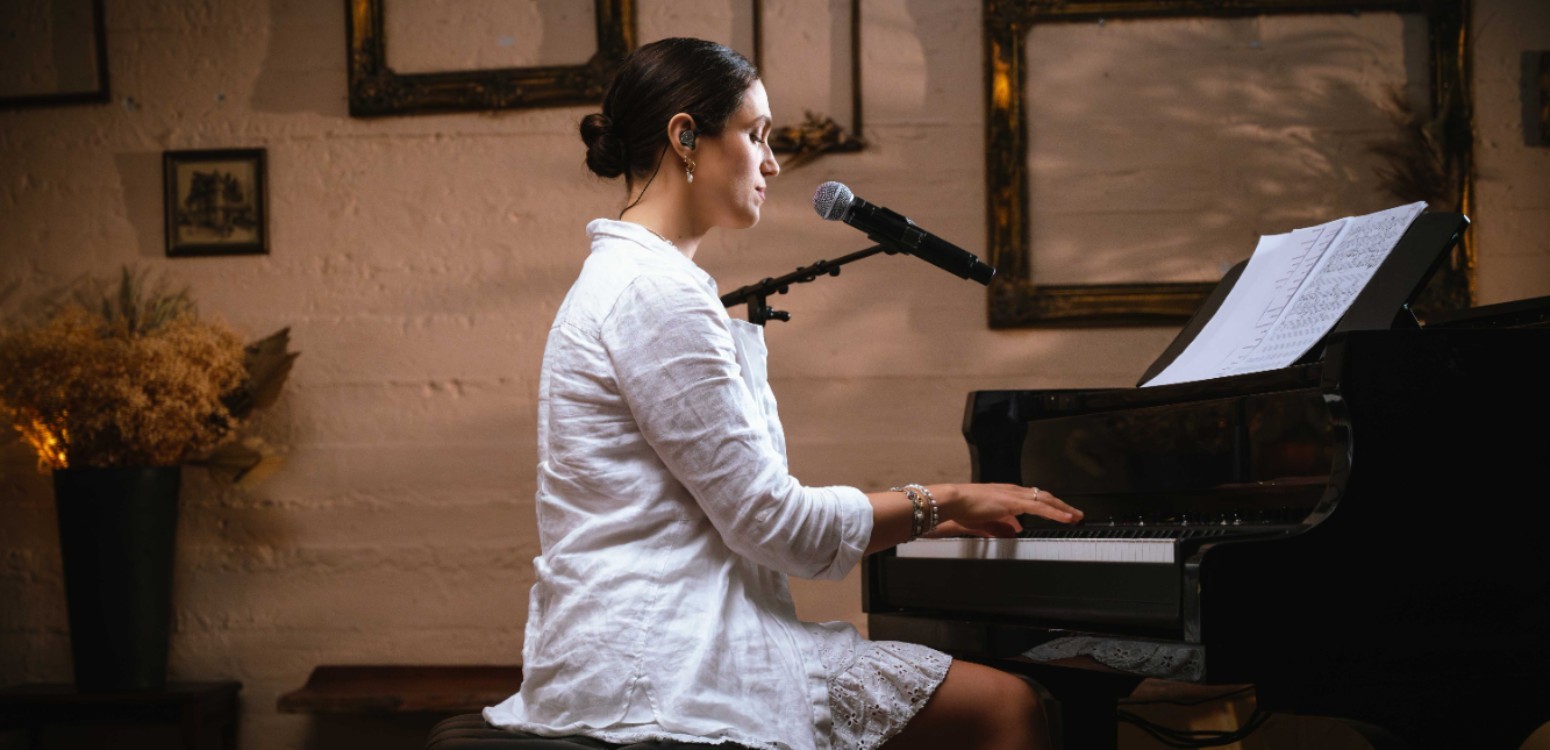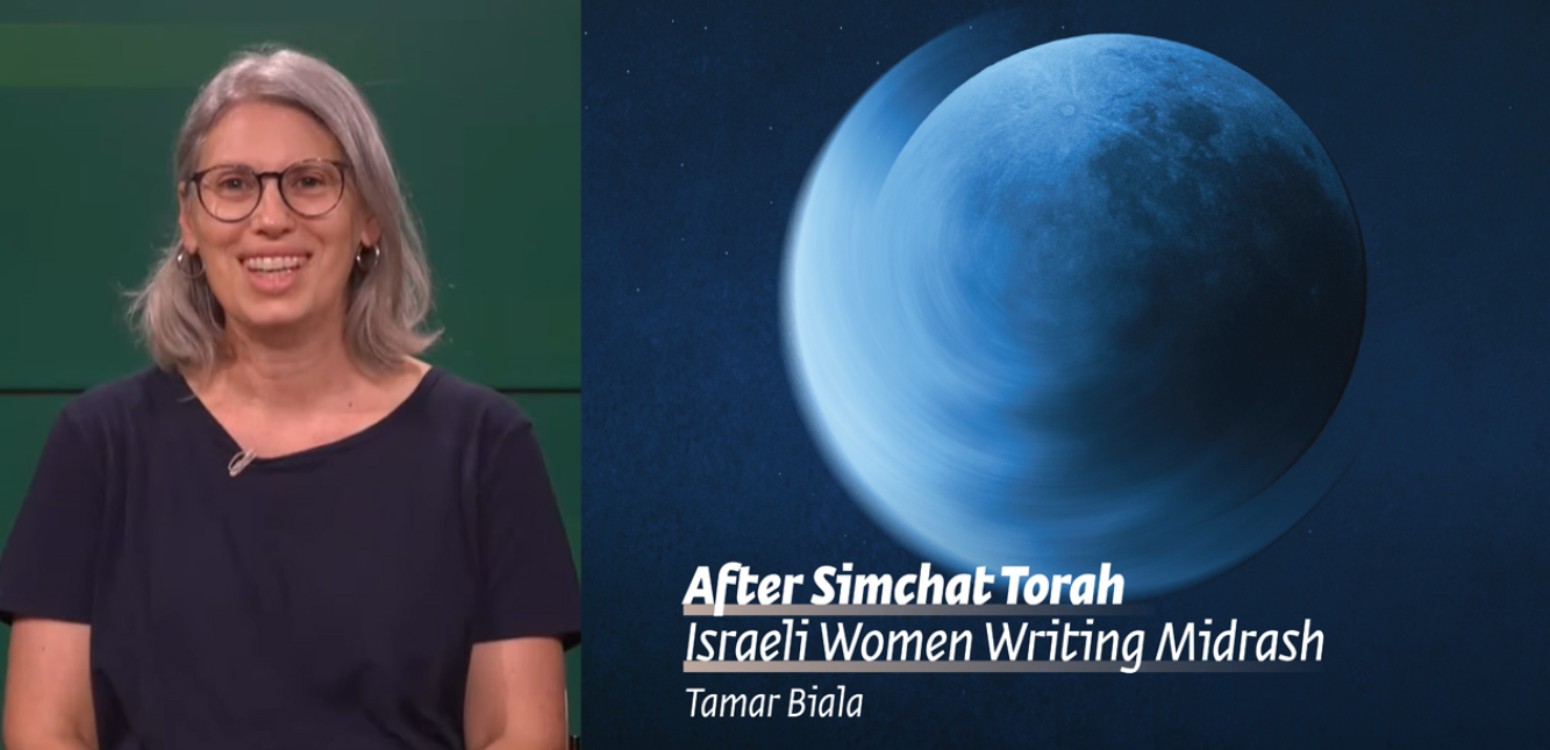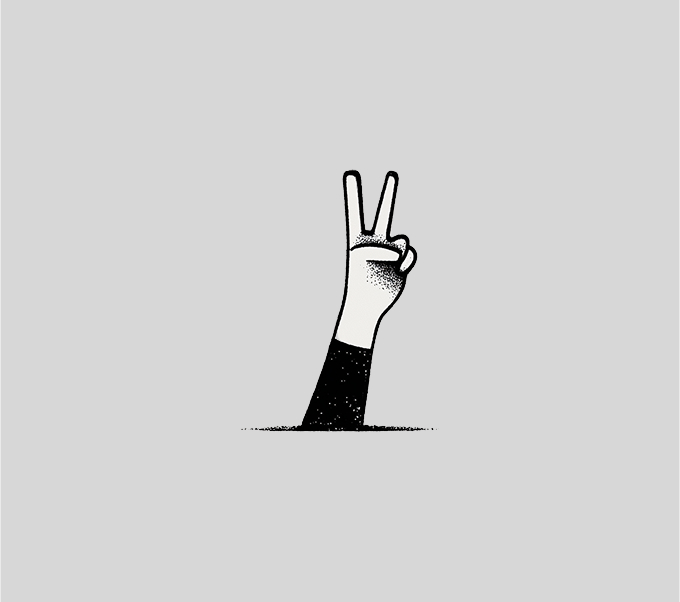
When five sisters stood before Moses demanding their father’s inheritance, they weren’t just challenging ancient law – they were pioneering a timeless strategy for social change. The daughters of Zelophehad chose patience over protest, working within the system to create lasting reform. Their biblical story offers profound lessons for modern activists navigating the tension between revolution and gradual progress
In an age when social movements often call for sweeping transformation and radical change, the biblical story of Zelophehad’s daughters offers a different model of activism – one that works quietly within existing systems to create meaningful reform. Their strategic approach to challenging inheritance laws provides timeless lessons about the power of patience, diplomacy, and incremental progress in achieving justice.
In this week’s parasha, the Israelites are about to enter the Promised Land, conducting another census, and preparing for the division of territories among the tribes and families. It is then that the five daughters of Zelophehad come to meet with the leadership, with a claim that has never been heard before:
“The daughters of Zelophehad, of Manassite family – son of Hepher son of Gilead son of Machir son of Manasseh son of Joseph – came forward. The names of the daughters were Mahlah, Noah, Hoglah, Milcah, and Tirzah. They stood before Moses, Eleazar the priest, the chieftains, and the whole assembly, at the entrance of the Tent of Meeting, and they said, ‘Our father died in the wilderness. He was not one of the faction, Korah’s faction, which banded together against the Lord, but died for his own sin; and he has left no sons. Let not our father’s name be lost to his clan just because he had no son! Give us a holding among our father’s kinsmen!” (Numbers 27:1-4)
Defenders of tradition rather than rebels
The daughters of Zelophehad demand their father’s inheritance – what audacity! Yet their strategy is masterful. They present their case publicly, signaling transparency and legitimacy. As Israeli journalist, editor, writer and art critic Adam Baruch (1945-2008) noted, quoting his grandfather Rabbi Yitzchak Yaakov Wachtfogel (1887-1978), head of the Mea Shearim Yeshiva and Av Beit Din for the Ashkenazi communities, their approach offers a masterclass in legal argumentation. They invoke their lineage back to Joseph, positioning themselves as defenders of tradition rather than rebels. They appear unified, suggesting the leasers’ approval would neatly solve the entire problem. Most cleverly, they distance their father from Korah’s rebellion – he died for his own private sin, not in defiance of Moses’ authority. Every word serves their cause.
In his book Betom Lev (which literally translates to “In Good Faith”), published by Keter Publishing House in 2001, Baruch elaborates on the daughters’ careful reasoning, noting that their statement “and he has left no sons” serves multiple strategic purposes. According to Baruch, they emphasize this point because having a son would have made their request unnecessary, demonstrating that they aren’t simply challenging traditional inheritance customs. Baruch suggests that the phrase also implies that their father had already been punished for his transgression. Additionally, Baruch observes that while their father had no sons, the daughters represent hope for his lineage to continue through grandsons.
This careful, strategic reasoning reveals their deeper philosophy: seeking targeted solutions rather than systemic upheaval.
Slow change from within
The daughters of Zelophehad don’t seek revolution – they seek gentle reform. Rather than challenging male inheritance entirely, they identify a specific gap: what happens when the head of a family dies without sons?
A religious feminist friend once explained her choice to stay within Orthodox Judaism despite its limitations. Every Sabbath, she sat in the women’s section – uncounted, silenced, separated – yet she remained. Why not join a Conservative community? “Both my feminism and my Orthodox community matter deeply to me,” she said. “I want change, but from within.”
Her patience bore fruit. Women in her synagogue now give Dvar Torah, teach at Tikkun Leil Shavuot, hold Megillah readings, and receive Torah scrolls for women’s study – all despite rabbinic opposition. My friend chose the path of Zelophehad’s daughters: slow change from within.
There is no single path to justice
And what happened with the struggle of the daughters of Zelophehad? They caused the creation of a divine rule on the matter: “And the Lord said to Moses, ‘The plea of Zelophehad’s daughters is just: you should give them a hereditary holding among their father’s kinsmen; transfer their father’s share to them.’” (Numbers 27:6-7)
The daughters of Zelophehad remind us that there is no single path to justice. Whether we choose the route of revolution or reform, whether we work from outside the system or from within it, what matters is the sincerity of our commitment to creating a more equitable world. Their story encourages us to honor both those who storm the gates and those who quietly open doors from within, recognizing that lasting change often requires both approaches working in harmony across generations.
Lior Tal Sadeh is an educator, writer, and author of “What Is Above, What Is Below” (Carmel, 2022). He hosts the daily “Source of Inspiration” podcast, produced by Beit Avi Chai.
For more insights into Parashat Pinchas, listen to “Source of Inspiration”
Translation of most Hebrew texts sourced from Sefaria.org
Main Photo: The Daughters of Zelophehad\ Wikipedia
Also at Beit Avi Chai





















